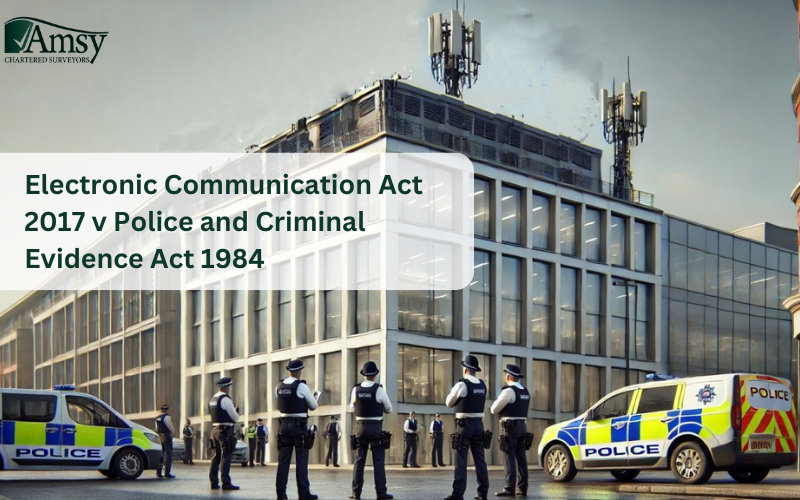Interesting piece on the Code which I was interviewed for last week. Although the interview was around 20 minutes, this was edited down to a small segment for broadcast in light of current events.
What hasn’t been shown or written is my disagreement with the view that 5G is being held up by the Code and my thoughts on disputes between Operators and property owners over dramatic falls in annual rents.
The majority of the work we deal with is in relation to the renewal of expired leases that the Operators now wish to renew and reduce the rents down to a mere fraction of the current rent and the original rent agreed. The claim “that rents have got out of hand” may be true for a small percentage of metropolitan rooftop sites, however for the majority of sites, operators pay sums they successfully set themselves and this can be seen across the board with the few exceptions.
In a lot of the cases we have been dealing with, the Operator continues to pay the rent where leases have expired, the landlord has accepted it and life has gone on as usual – that is until the new Code came into force and the Operators decided that it was an urgency to renew the lease under the new Code terms, and the battle with property owners began when they were offered the minimal sums reported. Very often the original leases contain all the rights the Operator would need to upgrade to new technologies, including 5G and beyond, therefore the position that new agreements were needed to facilitate the new technology was false in the majority of cases.
When we are dealing with requests to upgrade the sites for 5G, we are seeing that the Operators do not have enough people to effectively ensure the matter progresses quickly. Arranging a structural survey to assess the structural impact on a building of circa 10 tons of new equipment can take 6-8 weeks to take place. Any changes to the original design can take another 6-8 weeks. This is due to the lack of delegated authorised persons in the Operators ranks, as well as not nearly enough structural engineers/designers available to carry out the works, causing a considerable backlog. There has also been a reluctance from Operators to provide landlords with a complete set of drawings showing the extent of works upon sites, and also the public exclusion zones showing safety zones around rooftop antennas, which provide landlords with the complete information to make informed decisions, allowing them to fulfil their legal health and safety obligations.
I believe the spurious claim that 5G rollout is being held up by greedy landlords is a distraction from the main issues and being spread by Operators to obtain greater rights and force rental levels down even further.
The changes to the legislation discussed in the piece are further reforms the Operators have been pushing the Government for. Following a consultation at the end of Jan 2021, they are now looking for the legislation to effect agreements completed under the old legislation and greater rights over properties. Well aware of the disparity in financial power between themselves and smaller property owners, the Operators have been quick to threaten legal sanctions against landlords if their demands are not met quickly enough with the added threat of the unsuccessful party having to also bear the Operators legal costs, which can reach six figure sums in such cases.
Fortunately, there have been legal cases where the courts have recognised the inequitable difference in power between in parties and held several important judgements against Operators, however as the legislation is still in its relative infancy, we would expect these to be challenged in the near future. If you receive correspondence from your Telecoms tenants, demanding unfair changes to the terms of your existing agreement or other related matters, please feel free to phone us for further consultation at no extra cost to yourself.

